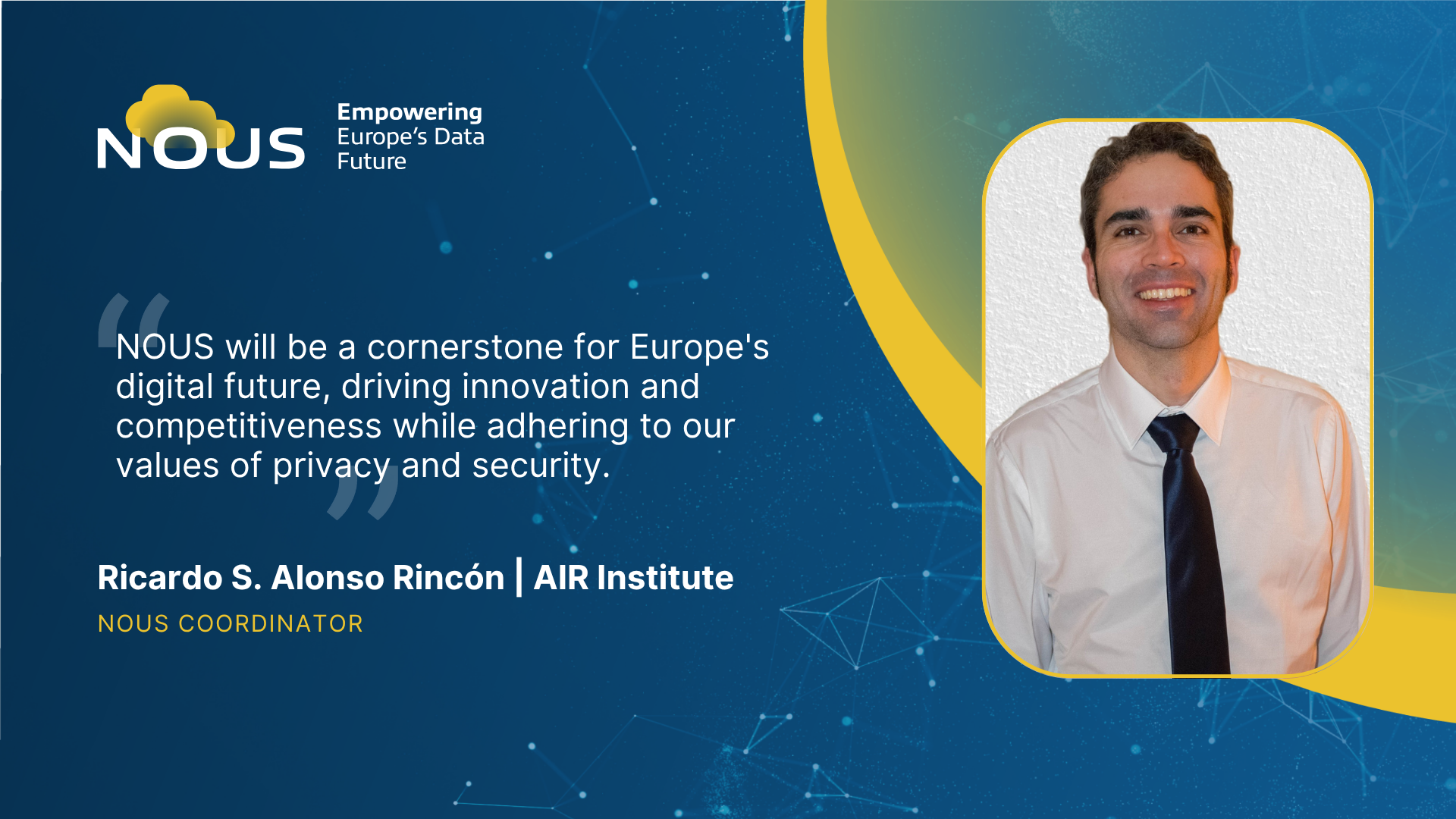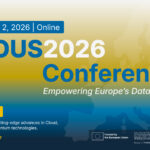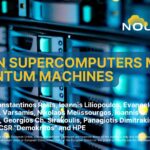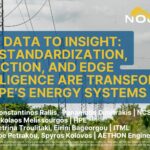Interview with Ricardo S. Alonso Rincón, AIR Institute | NOUS coordinator
Could you provide a brief overview of the NOUS project’s core vision and its significance within the European cloud landscape?
The core vision of NOUS is to establish a federated, secure, and sovereign European cloud infrastructure. We aim to connect a diverse range of computing resources, from edge devices to supercomputers and even quantum computers, into a unified platform. Its significance lies in empowering European researchers, businesses, and public institutions with greater control over their data, fostering digital autonomy, and reducing reliance on non-European cloud providers. We believe NOUS will be a cornerstone for Europe’s digital future, driving innovation and competitiveness while adhering to our values of privacy and security.
What makes NOUS unique compared to existing cloud solutions, both within and outside of Europe?
NOUS stands out due to its holistic and integrated approach. Unlike many existing cloud solutions that focus on specific layers or types of infrastructure, NOUS aims to seamlessly integrate resources across the entire computing spectrum – from the edge, where data is generated, all the way to the most powerful HPC facilities and emerging quantum technologies. Furthermore, NOUS is being built with a strong emphasis on European values, particularly around data sovereignty, security, and privacy, embedding these principles directly into its architecture and governance framework, as reflected in initiatives like the SIMPL Architecture for enhanced control and traceability.
The project aims to integrate resources from edge devices to supercomputers and even Quantum Computers. Can you elaborate on the architecture that will enable this complex integration?
The integration of such diverse resources is a complex undertaking, and at the heart of our approach is the SIMPL architecture. This architecture is designed to be highly modular and interoperable, allowing different types of computing resources to connect and communicate effectively. We are developing key components that will act as intelligent orchestrators, capable of dynamically allocating workloads to the most appropriate resource based on factors like performance requirements, cost, and data locality. While the specifics are still under development, the goal is to create an abstraction layer that simplifies the user experience, allowing them to leverage the power of this heterogeneous infrastructure without needing to manage the underlying complexities. The Federated Learning (FL) and Cybersecurity components, whose development is starting in June, will also play crucial roles in securely managing and utilizing this distributed infrastructure.
HPC is a crucial element of NOUS. How will the project leverage existing HPC networks and resources, and what benefits does this integration offer to users?
A key strategy for NOUS is to leverage existing European HPC networks and resources rather than building everything from scratch. We are working closely with established HPC centers across Europe to integrate their infrastructure into the NOUS platform. This approach offers several benefits. Firstly, it’s more cost-effective and allows us to tap into existing expertise and infrastructure. Secondly, it provides NOUS users with immediate access to world-class computing power for tackling computationally intensive tasks in fields like scientific research, climate modeling, and drug discovery. Finally, by federating these resources, we can create a larger and more resilient HPC ecosystem for Europe.
How will NOUS empower European researchers and businesses to tackle computationally intensive problems and drive innovation?
NOUS will empower European researchers and businesses by providing them with easy and unified access to a wide range of advanced computing resources, including HPC and potentially quantum computing in the future. This will lower the barrier to entry for tackling computationally intensive problems that were previously inaccessible due to cost or complexity. Researchers will be able to accelerate their discoveries, and businesses will gain the ability to develop innovative products and services, analyze large datasets, and improve their competitiveness in the global market. The Virtual Lab environment we are developing, inspired by platforms like StackOverflow and integrating an AI-powered chatbot, will further facilitate collaboration and knowledge sharing within this ecosystem.
How does NOUS address concerns around data sovereignty, security, and privacy, which are critical for European cloud adoption?
Data sovereignty, security, and privacy are paramount in the design of NOUS. We are committed to adhering to all relevant European legislation, including the Data Act and the IA Act, implementing principles of data governance and sovereignty. Our architecture incorporates a private solution where users retain control over the access and interaction with their data, enhanced by the traceability provided by blockchain technology. Furthermore, the cybersecurity component of NOUS is being built upon a foundation of darknets and a Zero Trust architecture, ensuring that access to resources is granted only after rigorous verification of identity, context, and policy adherence. The development of this crucial cybersecurity component is slated to begin in June.
What are the biggest challenges and opportunities you foresee for the future of cloud computing, and how is the project to address them?
We foresee several key challenges and opportunities in the future of cloud computing. Challenges include fragmentation of the European cloud landscape, potential for vendor lock-in, the ever-evolving landscape of cybersecurity threats, and ensuring equitable access to cloud resources for all sectors of society. Opportunities lie in the increasing demand for AI and machine learning capabilities, the growth of edge computing and the Internet of Things, and the emergence of disruptive technologies like quantum computing. NOUS aims to address these challenges by building a federated and interoperable platform that reduces fragmentation and vendor lock-in. Our focus on a Zero Trust security model and the integration of blockchain technology directly tackles security concerns. Finally, our commitment to providing an accessible platform for all EU residents, as mentioned earlier, aims to foster digital inclusion. The development of our Federated Learning component, starting in June, will also position NOUS to capitalize on the growing importance of distributed AI.




